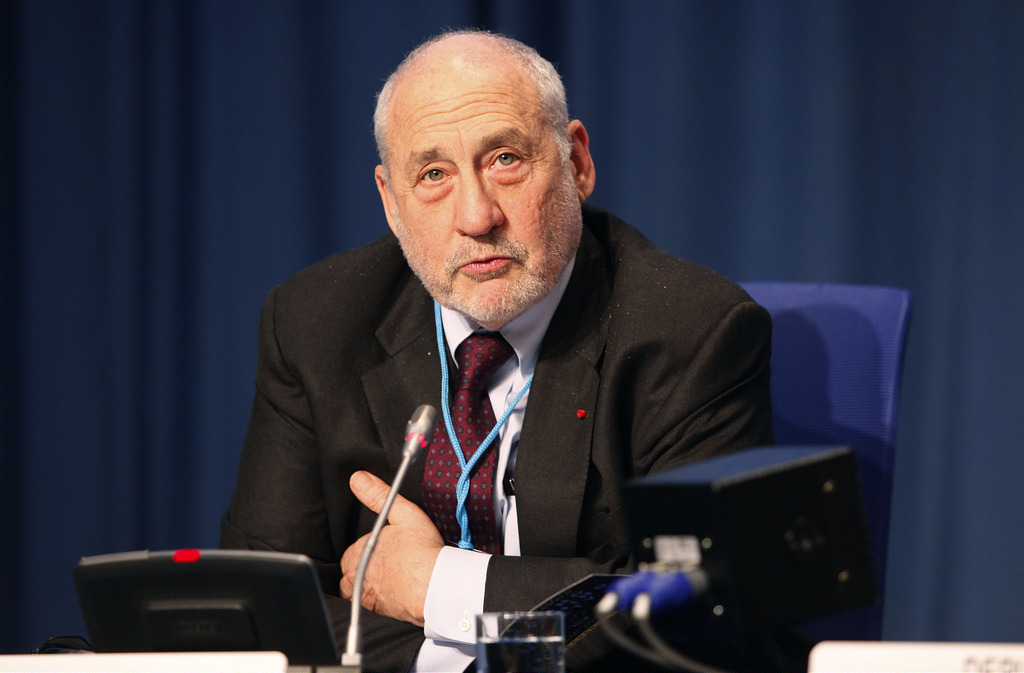An Open Letter to Joseph Stiglitz on Bitcoin
Dear Joe,
Can I call you Joe? Either way, I’m a fan. That may surprise some regular readers of this site who know you only as a highly partisan commentator in books and mass media. But I took multiple contract and game-theory courses in graduate school, Joe, and I know why you won that Nobel Prize. Your work in the 1970s and 1980s on asymmetric information, where one party to a transaction has more information than the other, was neoclassical economics at its best: mathematical models, simple and limited in scope, that nonetheless illuminate some truth about the world that’s otherwise difficult to see. Your theorems can certainly be politicized, and have been by you and others, but their underlying brilliance transcends political divisions.
I hope I’ve established my respect for you, because I’m not going to pull any punches in the remainder of this letter. Yesterday, you advocated on Bloomberg TV that Bitcoin be “outlawed,” an idea whose faultiness transcends those same divisions. In a two-minute piece that I’m still holding out hope was a piece of absurdist performance art, you said the cryptocurrency serves no purpose other than to circumvent the government, should be outlawed, and is a bubble anyway. My colleague Fergus Hodgson has already methodically picked apart your arguments. Rather than a comprehensive critique, I’ll point out just how many moments of irony you crammed into two minutes.
Irony #1: You say Bitcoin is only useful for shady dealings, but the only way to guarantee that’s true is to follow your advice and outlaw it. This would stifle the many startups and brilliant minds currently developing cryptocurrency and blockchain technology, and leave Bitcoin only in the hands of would-be criminals.
Irony #2: You predict the Bitcoin “bubble” will burst when governments “crack down” on it. In other words, something you believe only derives value from circumventing the government will lose all its value when the government says not to use it. You’re killing me, Joe.
Irony #3: You imply Bitcoin doesn’t matter because it’s a bubble while also suggesting elsewhere that we move from cash to a “digital economy.” The internet mattered even in the early 2000s, when dot-com stocks were a bubble. Bitcoin’s price may or may not crash and never recover, but it wouldn’t mean cryptocurrencies and blockchain technology would go away.
Irony #4: You suggest that because it derives its value from the expectation that it will have value tomorrow, Bitcoin is not legitimate. Joe, I hope you, George Akerlof, and Michael Spence have already spent that Nobel money you split, because that critique sounds a lot like it applies to our fiat dollars today.
Numerous surveys show that younger Americans have predominantly left-wing politics. You’ve now given the left a perfect roadmap to squander that goodwill: ban technology that excites and employs the generation just reaching adulthood. In the words of your fellow Nobel laureate Bob Dylan, “Don’t criticize what you can’t understand.”
Warmest regards,
Max Gulker












